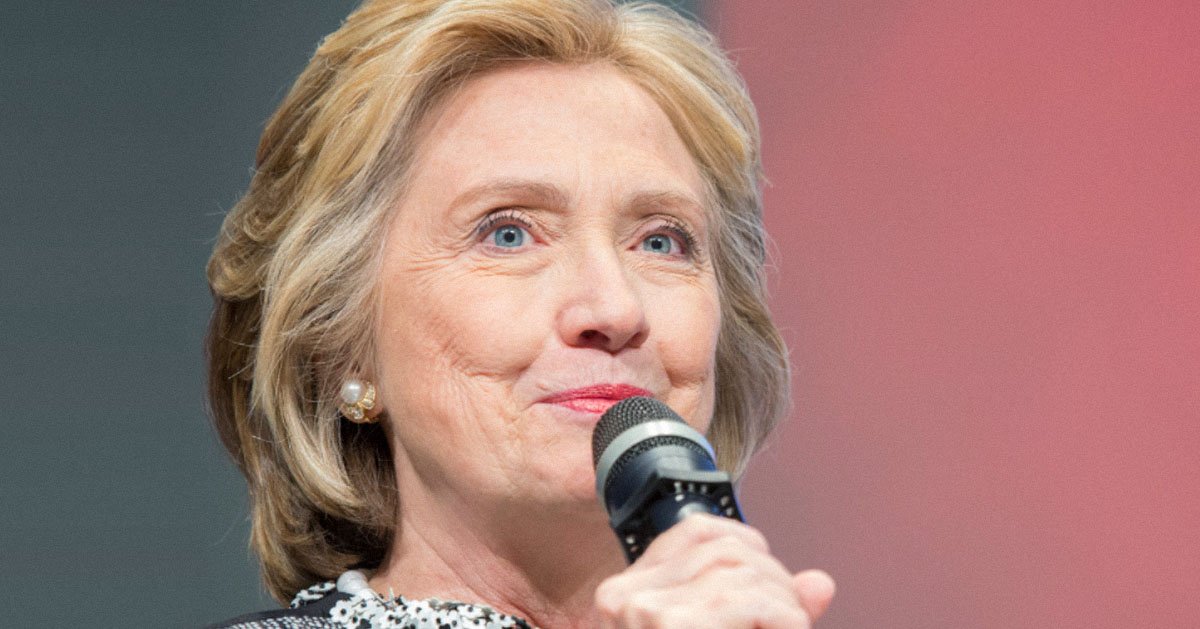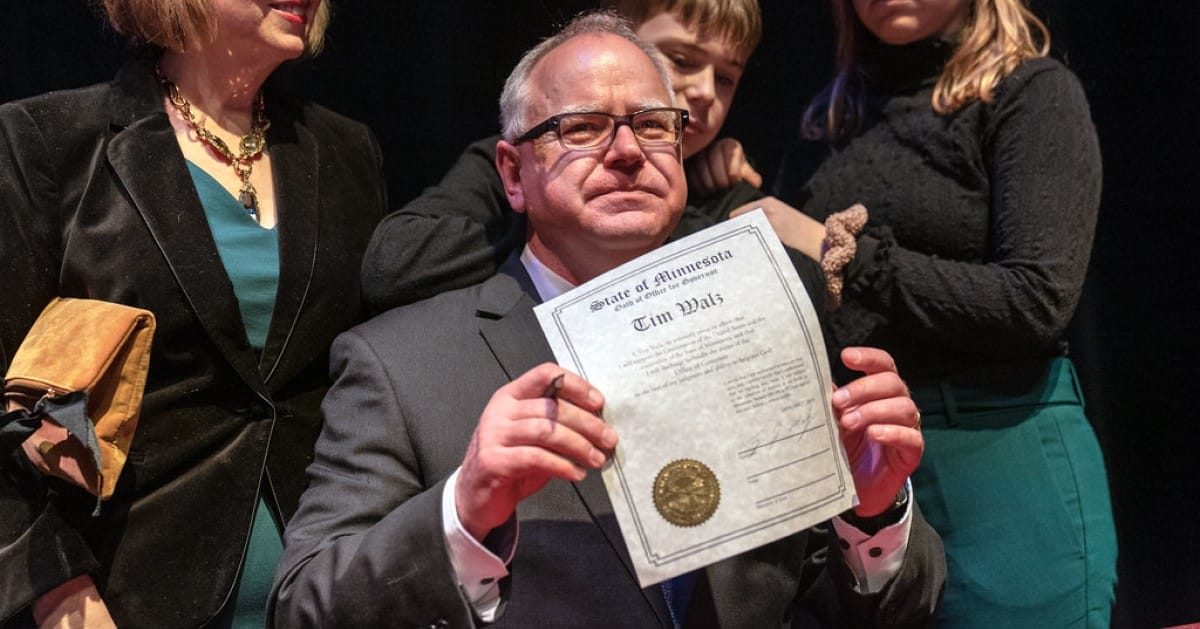








The U.S. Department of Justice has initiated legal proceedings against several states and towns, contending their election integrity efforts infringe upon federal law.
The legal conflicts revolving around voter roll maintenance and the use of paper ballots have sparked nationwide debate ahead of the upcoming election.
Just The News reported that among the targeted states is Virginia, where a contentious battle has unfolded. Virginia attempted to remove non-citizens from voter rolls ahead of its November elections.
However, a federal judge declared that reinstating these individuals was necessary, aligning with the National Voter Registration Act of 1993 (NVRA), which restricts systematic voter purges close to elections.
The Biden administration is stepping in on the side of that federal judge's decision in an effort to protect non-citizen voters from being removed.
Virginia's authorities countered the federal ruling, asserting those removed were ineligible to vote. Despite this, their appeal to the Fourth Circuit Court of Appeals was dismissed, maintaining the federal decision.
Virginia Governor Glenn Youngkin publicly criticized the timing and impact of the federal ruling, stating that over 1,500 self-identified non-citizens were ordered to be reinstated shortly before an election. He highlighted state laws enacted to ensure only eligible citizens are purged from the voter rolls.
This legal clash is not isolated, as Alabama faced a similar predicament with its own voter roll efforts.
Alabama's actions of removing non-citizens were ruled a violation of the NVRA, as they occurred 84 days before an election. This led to directions for Alabama to restore voters and align with legal mandates.
Wes Allen, the Secretary of State for Alabama, was tasked with ensuring compliance following the court's decisions. Complication arose when it was found that the purge list inadvertently included U.S. citizens, further intensifying the scrutiny of Alabama's practices.
Alongside state-level disputes, the DOJ also focused its legal efforts on rural towns in Wisconsin, namely Lawrence and Thornapple.
Here, the controversy centered on the use of paper ballots and hand-counting, which the DOJ argued violated the Help America Vote Act of 2002. This act mandates accessible voting options for disabled individuals, which the DOJ claimed were not fully met.
As a result, Lawrence settled with the DOJ, agreeing to reinstate the use of voting machines, while Thornapple has decided to challenge the ruling, citing compliance with disability assistance requirements.
The U.S. District Court for the Western District of Wisconsin issued a preliminary injunction against Thornapple, but the town has taken the matter to the Seventh Circuit Court of Appeals.
In its defense, the rural community has garnered support from the America First Policy Institute, which represents Thornapple in the legal proceedings.
The series of legal actions by the DOJ has prompted criticism from various parties. Virginia Governor Youngkin criticized the DOJ's moves as federal overreach interfering with state-controlled elector processes.
Cleta Mitchell, an influential commentator, described the federal judge's decision as flawed and urged for an expedited Supreme Court review.
Mitchell pointed out that every state could benefit from a Supreme Court examination, given ongoing elections and the DOJ's broader communications about voter roll management. The legal interpretations of 1993's NVRA are pivotal in shaping the arguments from both sides of the dispute.
Critics, including Mitchell, advocate for clarifications to ensure secure elections, while DOJ supporters emphasize adherence to established federal protections. Among those defending the DOJ's actions is Michael Berry from the America First Policy Institute, who framed the DOJ's actions as excessive.
Berry expressed dismay that the federal entity would target a small-town decision to use more manual voting processes. He called for a focus on improving widespread election issues in larger cities rather than leaning on rural communities.
Adding his voice to the debate, Hans von Spakovsky underscored his belief that states must have the flexibility to manage voter eligibility independently, faulting what he perceives as an incorrect reading of the NVRA.



